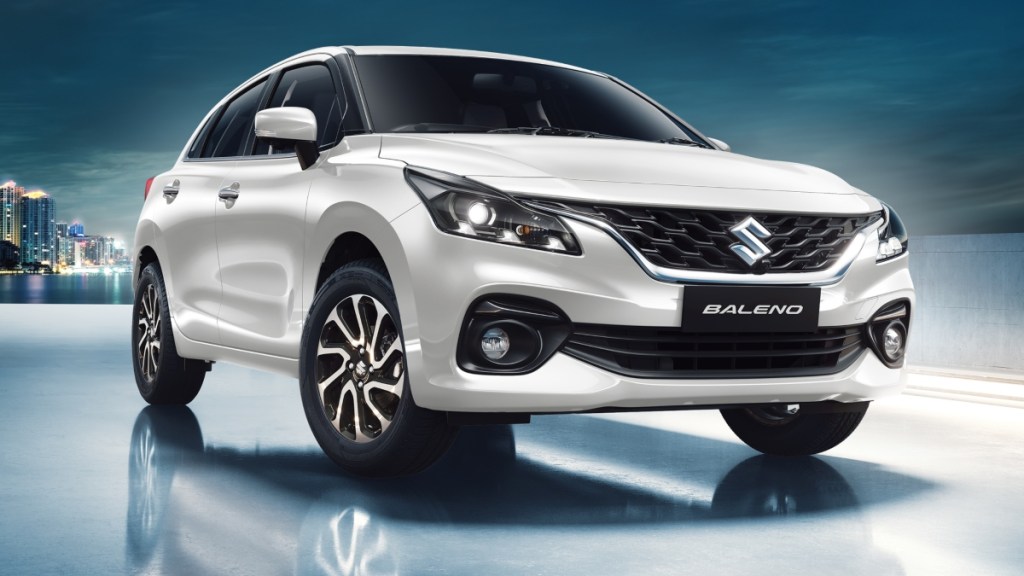Semiconductor shortage continues to plague passenger vehicle manufacturers, with major players like Maruti Suzuki India, Hyundai Motor India, Toyota, and Honda Cars reporting a decline in their sales in February compared to the same month last year.
Tata Motors and Mahindra & Mahindra, however, bucked the trend by reporting a jump in sales.
Maruti Suzuki’s domestic sales fell 6.7% to 1,37,607 units during the month, while Hyundai reported a 14.6% drop to 44,050 units.
“The shortage of electronic components had a minor impact on the production of vehicles which are primarily sold in the domestic market. The company took all possible measures to minimise the impact,” Maruti Suzuki said in a statement.
For Maruti, this was the seventh consecutive month of declining sales, whereas for Hyundai it was the sixth.
Hyundai said, “As the industry continues to grapple with the semiconductor shortage situation, the company along with its partners is continuously exploring alternatives to ensure customers can take delivery of their most loved Hyundai cars at the earliest.”
Toyota Kirloskar Motor’s domestic sales declined by 38% to 8,745 units. Similarly, Honda Cars reported a 23% decline in domestic sales to 7,187 units.
“On the supply side, chip shortage continued to impact our production and despatches in February. We hope the situation improves in future so that we can meet the market demand more effectively,” Honda Cars India director (marketing and sales) Yuichi Murata said.
Tata Motors reported a 47% increase in passenger vehicle sales in the domestic market at 39,981 units. Similarly, Mahindra & Mahindra said its passenger vehicle sales in the domestic market increased by 80% to 27,663 units.
“All segments showed robust growth, including SUVs at 79%, which registered the highest ever monthly volume. We expect demand to continue to remain strong as the Covid situation eases further. We continue to closely monitor the semiconductor-related parts supply and take corrective action as appropriate,” Mahindra & Mahindra automotive division CEO Veejay Nakra said.
